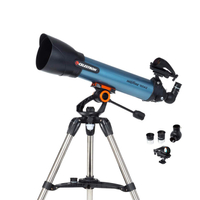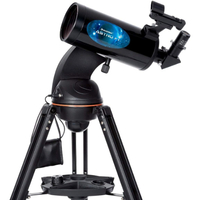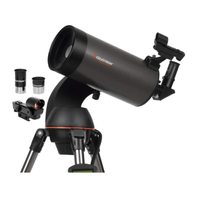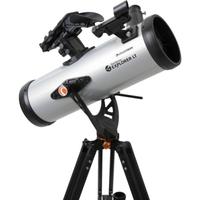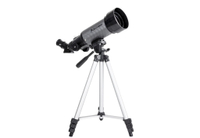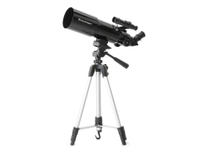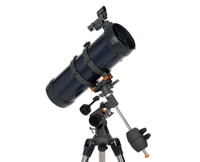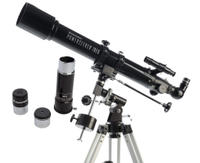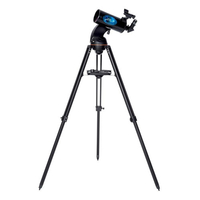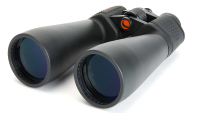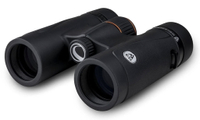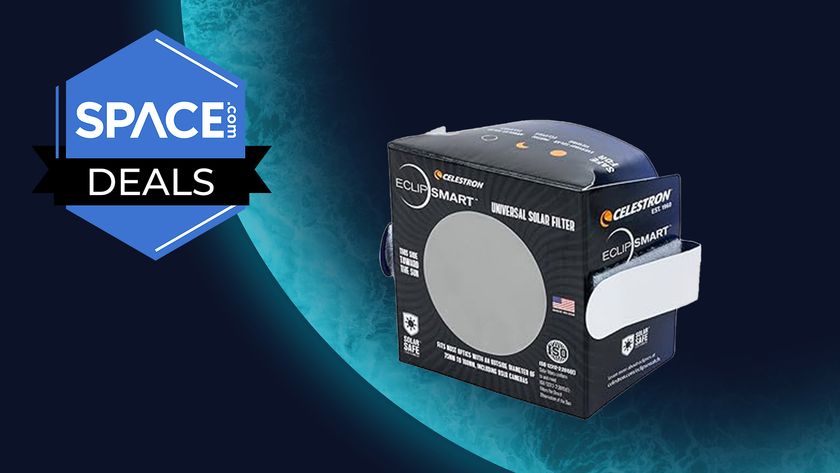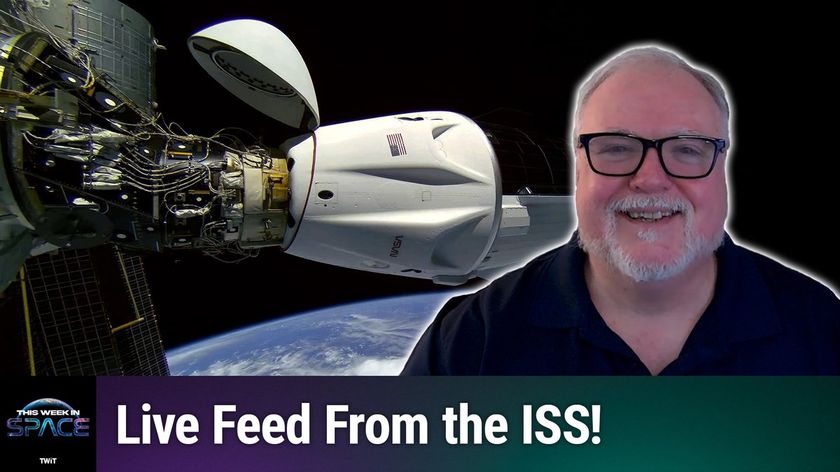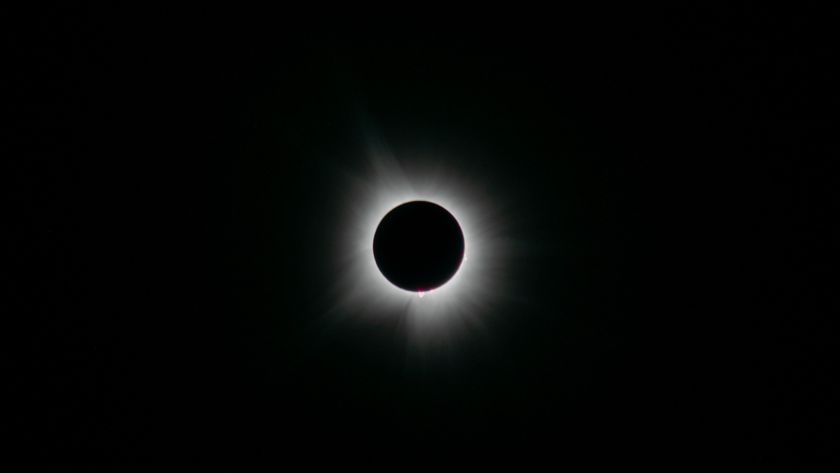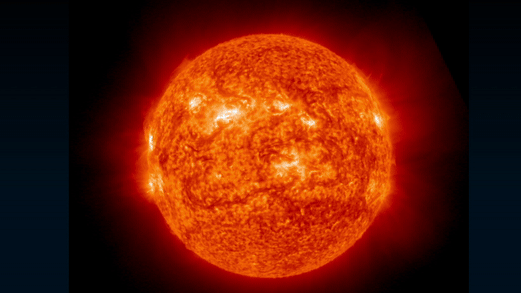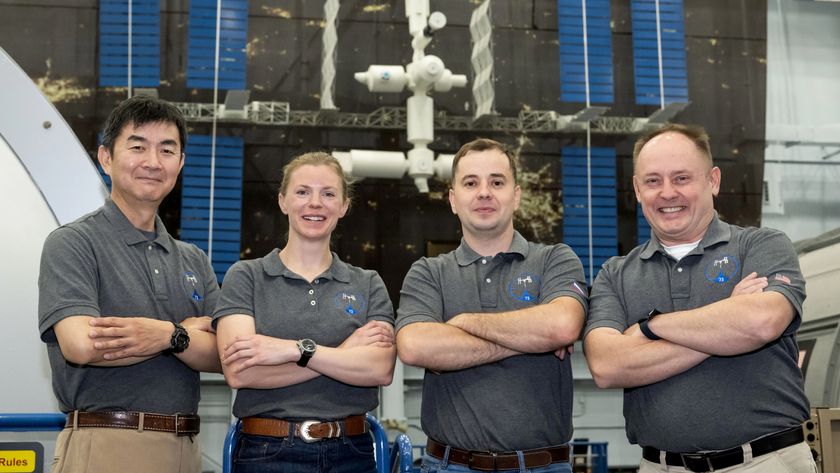Celestron telescope & binocular deals 2025
The biggest and best Celestron telescope and binocular deals with huge savings on some of their trusted models.
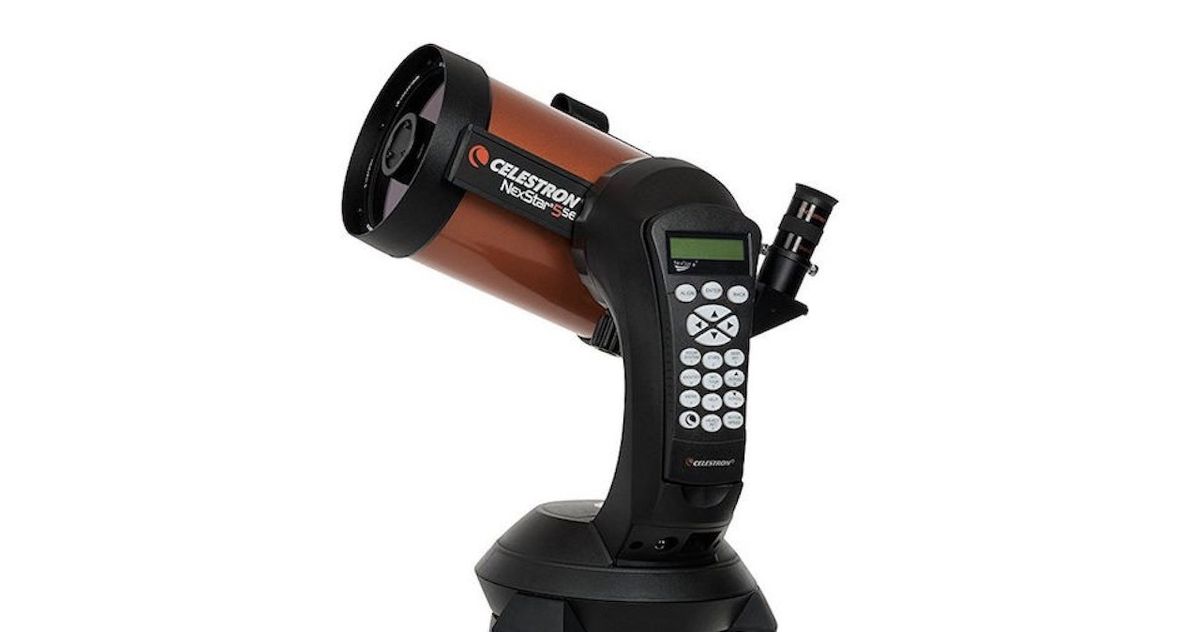
With so many spectacular night sky events happening this year, getting a decent telescope is a must for budding enthusiasts.
Celestron is a trusted brand producing some of the best telescopes and binoculars. With many of their top models at discounted prices, now is the time to treat yourself, or an aspiring astronomer, with a deal to suit every budget.
We've carefully selected these offers from trusted retailers to ensure you get the best value on high-quality gear. From beginner-friendly telescopes to advanced models, Celestron has something for everyone. Plus, if you're just starting out, check out our guides on the best telescopes for beginners. This guide is regularly updated so you'll always have access to the latest deals, making it easier than ever to find a Celestron deal that suits you.
- Find further savings on telescopes at Walmart
- Discover further discounts on telescopes on Amazon
- Discounts and deals on telescopes at Best Buy
The best Celestron telescope & binocular 2025
Best Celestron telescope deals
Save 11% on what we think is the best budget telescope out there. It's a great option for budding astronomers to get up and running quickly and easily and you can check out our Celestron Inspire 100AZ review for a closer look.
Save $199 on a telescope that offers the most value to enthusiasts. You can read more about it in our in-depth review and you can level up this scope with a couple of upgrades, too.
Note: The before price has spiked to make it look like a bigger deal than it really is, the price you pay is still decent.
Save $145 on an excellent computerized telescope that features a large 130mm aperture, a database of over 4,000 nebulas, stars and galaxies, two eyepieces, an accessory tray, a tripod and a finderscope. It also comes with a two-year warranty and a free download of astronomy software.
Save 19% on this telescope that's ideal for beginners., which we rank as the best budget telescope for backyard moon and planet gazing.
You can let your smartphone work alongside the StarSense app to point you toward a variety of visible night sky targets and use accessories to enhance your experience.
Save 17% on the Celestron Travel Scope 70 at Amazon. Complete with two eyepieces (20mm and 10mm), 2x Barlow lens, star diagonal, backpack, finder scope, moon filter, tripod and smartphone adapter, this grab-and-go telescope offers a fully equipped option for beginners and kids.
At 32% off, the Celestron Travel Scope 50 is suitable for observers on the move. The 50 mm aperture provides crystal clear views of a selection of night sky targets, such as the rugged lunar surface as well as terrestrial daytime sights, like wildlife and terrain.
In our review of the Celestron Travel Scope 50, we awarded it four stars and we rank it as one of the best pieces of solar viewing kit.
Save 22% at Amazon on the Celestron AstroMaster 114EQ, which allows you to enjoy clear, high-definition views through its 114mm aperture. Equipped with filters, eyepieces, StarPointer finderscope, cleaning cloths and more, this reflector is suitable for enthusiast astronomers.
Save 15% The perfect telescope for the beginner, the Celestron PowerSeeker 70EQ is easy to use and offers excellent views of the planets, the surface of the moon and bright-deep sky targets.
Save 23% on the Celestron AstroFi 102 at Amazon. Lightweight, portable and ideal for beginners, this telescope is easy to set up with a motorized mount that slews to your target automatically.
Choosing the right telescope
There are some serious deals here, but before you take the plunge it's important to consider not just your budget but also your level of stargazing experience. Given the number of models on offer, there's a Celestron telescope to suit everyone.
It doesn't matter if you're a complete beginner or whether you're looking to bag a bargain or invest some serious cash, you can find a Celestron telescope to cater to your needs. But which one is the right one? We've got you covered.
Beginners are advised to go for a portable easy-to-assemble telescope at an introductory price of less than or around $200 but, there are top beginner options that cost more too.
The Celestron AstroMaster LT 70AZ or Celestron PowerSeeker 50AZ are good low-cost, starter models. The Celestron AstroMaster 114EQ, Celestron StarSense Explorer LT 114AZ or Celestron AstroMaster DX 102AZ will cost a bit more, if you're planning on sticking with stargazing, it's worth the investment. Or if you're buying for children and suspect their interest could be a flash in the pan, the robust Celestron FirstScope 76 is an excellent choice.
Get the Space.com Newsletter
Breaking space news, the latest updates on rocket launches, skywatching events and more!
More serious astronomers should be prepared to make a larger investment. If you’re in the latter position, then we recommend the Celestron NexStar 8SE to add to your arsenal. But that's not the only reason to spend more on a telescope.
With an increase in budget, comes an improvement in the type of technology that has become prevalent in telescope manufacturing: computerized, or GoTo, mounts. Some astronomers may frown on this but, at the touch of a button, these revolutionary instruments are able to slew to your chosen target without needing to use sky maps to find your way around the night sky. The Celestron NexStar 4SE is a great option if you're keen on combining tech with your observing sessions.
The models we've mentioned are perfect for views of the solar system, with notable targets being the craters and seas of the moon and the bright sights of Jupiter and Saturn. They will also provide good observations of bright deep-sky objects such as the Orion Nebula in the constellation of Orion (the Hunter) and the stunning Pleiades star cluster in Taurus (the Bull).
For even more magnified views of the planets, galaxies and nebulas, the Celestron AstroMaster 114EQ, Celestron StarSense Explorer LT 114AZ and Celestron NexStar 4SE, with their increased light gathering abilities, are well worth investigating.
Best Celestron binocular deals
Save 32% on this high-resolution set of Celestron binoculars so you can view galaxies and nebulas. This is the cheapest we've seen these binoculars since last August. The generous eye relief and very fine diopter adjustment mean they can cater for different viewing needs and we also think they're the best binoculars for moon viewing.
Save 18% on these Celestron TrailSeeker ED 10x32 compact binoculars. They may be small but pack a punch in observing prowess. These TrailSeekers are great for any outdoor adventure — from studying birds to observing the craters of the moon. They're also a great option for magnified views of star fields.
Note: Stock is low, so you'll have to act soon to get this deal.
Choosing the right binocular
We recommend looking for at least a magnification of 7x or 10x, along with an aperture of at least 42 mm when you're buying your Celestron binoculars. You should also choose a Porro prism design, while fully multi-coated optics and BaK-4 prisms are a must for crisp and clear observations. Nitrogen-purged designs are a massive plus and keep fogging and condensation at bay during your tours of the universe.
You should bear in mind, however, that as your objective lens size increases, so does the weight of your binoculars. Anything larger than 50 mm will require a tripod for stable skywatching. It's not just that you have to lift them, you also need to keep them stable, which can be quite a strain on your arms.
If portability is your main aim and you're looking to use your binoculars for a combination of travel, skywatching and terrestrial views, we recommend the Celestron Outland X 10x42, which will give you more bang for your buck.
The Celestron Outland X 10x50 is also a great option and is comfortable to use for reasonably long periods of time. Observations of nebulas such as the Orion Nebula (Messier 42) and Andromeda Galaxy (Messier 31) are even better with the larger objectives.
Alternatively, if you're looking for a cost-effective way to gather as much light as possible, the Celestron 20x80 SkyMaster Pro is a great choice. As discussed above, we recommend a tripod for a comfortable and effortless viewing experience. But it does offer crystal clear observations and eye relief for those who wear spectacles.
Join our Space Forums to keep talking space on the latest missions, night sky and more! And if you have a news tip, correction or comment, let us know at: community@space.com.

Gemma currently works for the European Space Agency on content, communications and outreach, and was formerly the content director of Space.com, Live Science, science and space magazines How It Works and All About Space, history magazines All About History and History of War as well as Science, Technology, Engineering, Arts and Mathematics (STEAM) kids education brand Future Genius. She is the author of several books including "Quantum Physics in Minutes", "Haynes Owners’ Workshop Manual to the Large Hadron Collider" and "Haynes Owners’ Workshop Manual to the Milky Way". She holds a degree in physical sciences, a Master’s in astrophysics and a PhD in computational astrophysics. She was elected as a fellow of the Royal Astronomical Society in 2011. Previously, she worked for Nature's journal, Scientific Reports, and created scientific industry reports for the Institute of Physics and the British Antarctic Survey. She has covered stories and features for publications such as Physics World, Astronomy Now and Astrobiology Magazine.
- Chris McMullenContributing Writer
- Alexander CoxE-commerce Staff Writer
